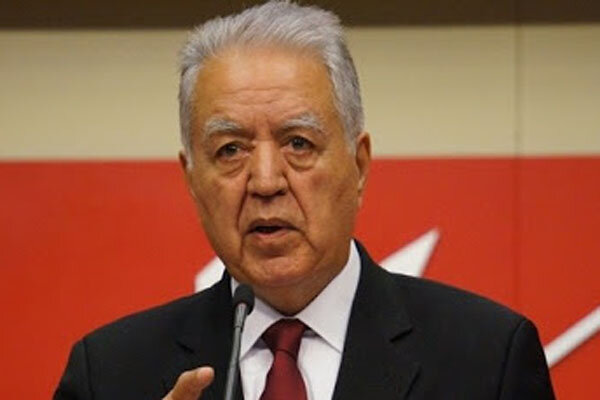Yemen hit Tel Aviv, in central occupied Palestine, with a ballistic missile on Sunday morning penetrating all Israeli air defence systems.
A surface-to-surface missile fired at central occupied Palestine from Yemen hit an unpopulated area, Reuters quoted Israeli military said on Sunday.
Moments earlier, air raid sirens had sounded in Tel Aviv and across central occupied Palestine, sending residents running for shelter.
After the successful attack on Tel Aviv despite the presence of the US and France's advanced antimissile equipment in the region to defend Israel, a member of the Political Office of Yemen's Ansarullah Hizam al-Assad emphasized in a message in Hebrew that "Whether you are in the underground shelters or outside of it, you should listen carefully this afternoon to what will this great leader who speaks the truth and acts with integrity say," he noted.
In this regard, one of the leaders of Ansarullah Movement Nasruddin Amer also said, "This missile targeted a specific aim and the statement of the Yemeni armed forces will announce important details and we have a bank of important and strategic targets."
To know more about the message of this attack, we reached out to a Turkish veteran politician and senior member of CHP.
Following is the full text of the interview:
Isn't this a challenge to Israeli and its Western allies military technology?
Yemen's ballistic missile attack is more a message than a challenge to all the interested parties. The Yemeni action demonstrates that Israel is vulnerable and can be hurt, no matter who or what defends it.
What can be the message of this missile attack on Tel Aviv?
The message to Israel and its allies is that supposed superiority in military technology does not guarantee security and that Israeli actions in Gaza and elsewhere with its neighbors will not go unpunished.
Can this force Netanyahu to accept a ceasefire in Gaza and stop genocide in the region?
The missile attack by Yemen will not have the effect of forcing Netanhayu to agree to a cease-fire in Gaza. Netanhayu's agenda is the complete elimination of Hamas in Gaza and the eventual incorporation of Gaza into the territory of Israel. Rising internal pressure on Netanhayu to obtain the release of captives might reach a tipping point for him to agree to a cease-fire. But without a direct demand from the US for a cease-fire, the genocide will continue. And any such demand from the US is unlikely, given the seamless support for Israel and the approaching American elections."

























Your Comment